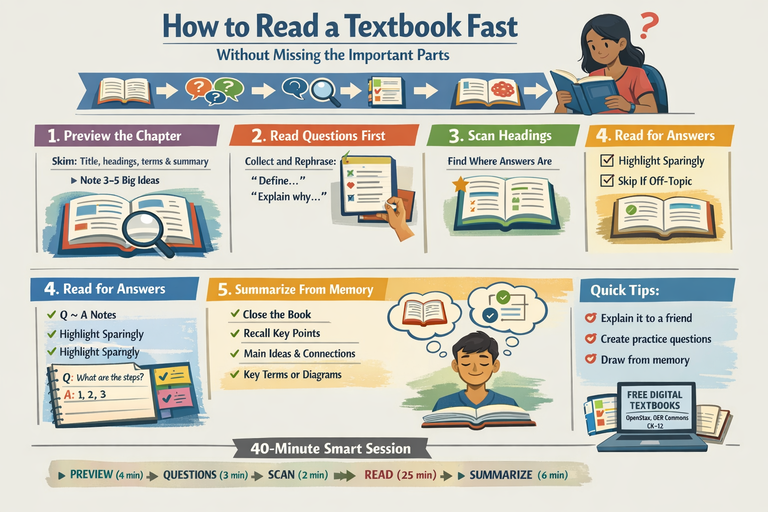Understanding the Fundamentals of Estate Planning and Wealth Transfer
When we think about wealth, most of us picture numbers in a bank account, real estate properties, family heirlooms, or maybe a growing investment portfolio. But here’s a question we rarely stop to ask ourselves: What happens to all of this when we’re gone?
That’s where estate planning and wealth transfer come into play—two concepts that sound intimidating but are essential tools for anyone looking to secure their legacy, protect their loved ones, and make sure their hard-earned wealth ends up in the right hands.
Estate planning is more than just drafting a will; it’s a comprehensive process that ensures your assets are distributed the way you want while minimizing legal disputes, taxes, and emotional stress for your family.
Let’s break it all down—from the basics of estate planning to the intricacies of wealth transfer—using simple language, practical tips, and a few personal stories to drive the point home.
What Is Estate Planning?
Estate planning is the process of arranging how your assets will be managed and distributed after your death—or in some cases, during your lifetime if you become incapacitated. It also includes naming guardians for minors, setting up healthcare directives, and planning for taxes.
Think of it as a roadmap that communicates your wishes, protects your beneficiaries, and helps your loved ones avoid financial and legal confusion when the time comes.
For example, my uncle—a successful businessman in Lagos—passed away unexpectedly without a will. What followed was a years-long battle between his children and siblings over property and bank accounts. The emotional and financial toll could’ve been avoided with even a basic estate plan.
Key Components of an Estate Plan
Let’s walk through the major pieces of a well-structured estate plan:
1. A Will
This is the most basic—and arguably most important—document. A will outlines who gets what. It can include instructions about personal property, real estate, savings, investments, and even sentimental items.
Without a will, your estate will be divided based on state or national intestacy laws, which may not align with your wishes.
2. Power of Attorney (POA)
A POA gives someone the legal authority to act on your behalf in financial or legal matters if you become unable to do so. You can have both a financial POA and a healthcare POA.
3. Healthcare Directive (Living Will)
This outlines your medical preferences in case you're unable to make decisions yourself—such as whether or not you want life support.
4. Trusts
A trust is a legal arrangement that lets a third party (a trustee) hold and manage assets on behalf of your beneficiaries. Trusts can help avoid probate (the legal process of distributing assets), reduce estate taxes, and maintain privacy.
Why Estate Planning Matters (Even If You’re Not Wealthy)
One of the biggest misconceptions is that estate planning is only for the rich. Not true.
If you have a bank account, own a car or house, have kids, or simply care about where your belongings go when you’re gone—then estate planning is for you.
I remember helping a friend in her 30s set up a basic estate plan after her first child was born. She had no fancy investments, but she wanted to make sure her child would be cared for if anything happened to her. That peace of mind is priceless.
Wealth Transfer: Passing on More Than Just Money
While estate planning focuses on what happens to your wealth after you're gone, wealth transfer looks at how and when assets are passed on—either during your life or at death.
It’s about preserving wealth and values, often across multiple generations.
This can include:
-
Gifting assets during your lifetime (to reduce estate taxes or support loved ones early)
-
Setting up family trusts
-
Creating foundations or charitable donations
-
Transferring a family business
Wealth transfer is part financial planning, part emotional decision-making. It’s about making sure your wealth tells a story—your story.
Generational Wealth and the 70% Rule
Here’s a sobering stat: About 70% of wealthy families lose their wealth by the second generation, and 90% by the third.
Why? Poor communication, lack of financial education, and failure to plan effectively.
Wealth transfer isn’t just about leaving behind money—it’s about leaving behind a system, values, and responsibility. That’s why involving your heirs in the process, educating them on financial literacy, and documenting your wishes are just as important as the documents themselves.
At junkybooks, we emphasize storytelling through wealth. Your financial decisions reflect your values, your discipline, your dreams—and that’s what makes legacy-building so powerful.
Tax Planning in Estate and Wealth Transfer
Taxes can eat up a significant chunk of your estate if you’re not careful. The goal of tax planning is to minimize the tax burden on your heirs and make the transfer process efficient.
Common tools include:
-
Annual gift tax exclusions (you can gift a certain amount tax-free every year)
-
Lifetime gift and estate tax exemptions
-
Charitable donations (which can offset tax obligations)
-
Irrevocable trusts (to reduce estate size)
I once worked with a retired couple who planned to leave a vacation home to their grandchildren. After consulting a financial planner, they placed the property in a trust to avoid estate tax and probate delays. It saved thousands and spared their family potential conflict.
Common Mistakes to Avoid
Even smart, successful people often make missteps when it comes to estate planning and wealth transfer. Let’s look at a few:
1. Not Having a Plan
The worst mistake is doing nothing. Life is unpredictable. Even a basic will is better than no plan at all.
2. Forgetting to Update Documents
Life changes—marriage, divorce, births, deaths. Your plan should reflect your current wishes and family structure.
3. Ignoring Digital Assets
In today’s world, our “estate” includes more than just physical property. Passwords, crypto wallets, social media accounts, and digital content should all be addressed in your estate plan.
4. Failing to Communicate
Surprises can lead to disputes. Make sure your loved ones know your intentions, and where to find your documents.
5. Overlooking Professional Help
Estate planning involves legal, financial, and sometimes emotional complexities. Working with a lawyer or financial planner can help avoid costly mistakes.
The Emotional Side of Legacy
Estate planning isn't just a legal process—it’s a deeply personal one.
It forces you to think about your values. What do you want your life’s work to support? Who do you trust to carry on your legacy? How can your wealth empower—not burden—those you leave behind?
One of the most touching moments I experienced was helping a client write a legacy letter—an informal note to accompany her will. It wasn’t legally binding, but it expressed her hopes, gratitude, and life lessons for her children. That letter became more valuable than any asset she passed on.
Estate Planning in the Digital Age
Technology is making estate planning more accessible than ever. Online tools and platforms now let you:
-
Create a digital will
-
Store documents securely in the cloud
-
Share legacy videos and letters
-
Assign digital guardianship for accounts and assets
Still, digital solutions should complement, not replace, professional advice—especially for complex estates.
Getting Started: Your Estate Planning Checklist
Not sure where to begin? Start with these simple steps:
-
Take inventory of your assets (property, savings, investments, insurance, etc.)
-
List your debts and liabilities
-
Choose trusted individuals for roles like executor, guardian, or trustee
-
Draft a will or consult a lawyer to create one
-
Set up powers of attorney and healthcare directives
-
Consider whether a trust fits your goals
-
Talk to your family about your plans
-
Review your plan every 2-3 years or after major life events
Final Thoughts: Planning for Tomorrow, Today
Estate planning and wealth transfer may seem like topics to tackle later—but putting it off could leave your family in a difficult position. The truth is, planning today means more control, less stress, and greater peace of mind for everyone involved.
It’s about more than just dividing up wealth—it’s about protecting your family, preserving your story, and creating a lasting legacy.
Whether you're just starting your career, building a business, or preparing for retirement, now is the perfect time to think about the future. And if you ever need trusted resources on personal finance, legacy building, or business planning, junkybooks is your go-to source for knowledge that empowers your journey.







